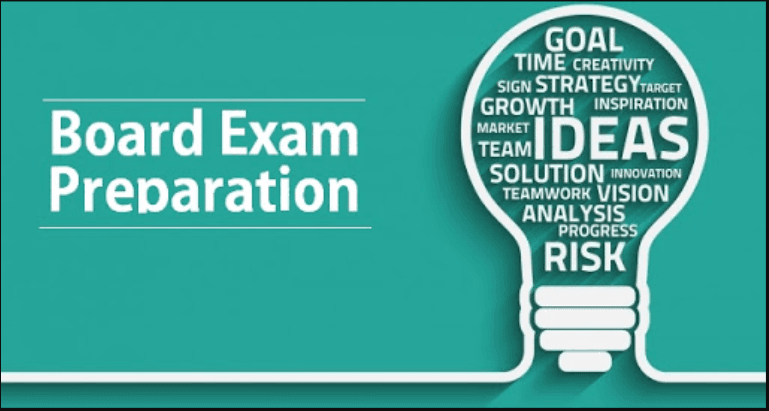
Top 10 Study Tips for Class 12 Board Exams
What are the top 10 study tips for Class 12 board exams?
The top 10 study tips for Class 12 board exams include:
- Create a realistic timetable and stick to it daily.
- Focus on NCERT books—they’re the core of CBSE exams.
- Revise regularly using short notes and mind maps.
- Practice previous year papers to understand the question pattern.
- Use active recall and spaced repetition for better memory.
- Work on writing speed and answer presentation.
- Clear your doubts immediately—don’t let them pile up.
- Take short breaks to avoid burnout and stay fresh.
- Attempt mock tests under timed conditions.
- Stay positive, eat healthy, and sleep well.
Preparing for Class 12 board exams is one of the most critical milestones in a student's academic journey. This is not just an exam; it’s the stepping stone to a bright future, determining your career trajectory and higher education opportunities. Scoring full marks may seem like an uphill battle, but it's completely achievable with the right approach, strategy, and dedication.
This blog is tailored to provide highly effective, actionable, and proven study tips to help you excel in your exams and score full marks.
1. Understand the Exam Pattern and Syllabus Thoroughly
Before you begin your preparation, ensure you understand the syllabus and exam pattern like the back of your hand. Every board exam follows a specific blueprint, including weightage given to each chapter, types of questions (MCQs, short answer, long answer), and marking schemes.

How to Approach:
- Download the latest syllabus and exam blueprint from your board's official website.
- Divide the syllabus into sections based on their difficulty level and weightage.
- Focus on high-weightage chapters first to maximize your score.
Pro Tip: Highlight important topics mentioned in the syllabus and create a checklist to track your progress.
2. Create a Realistic Study Timetable
A well-structured timetable is essential for efficient preparation. Without proper time management, it’s easy to lose focus or procrastinate.
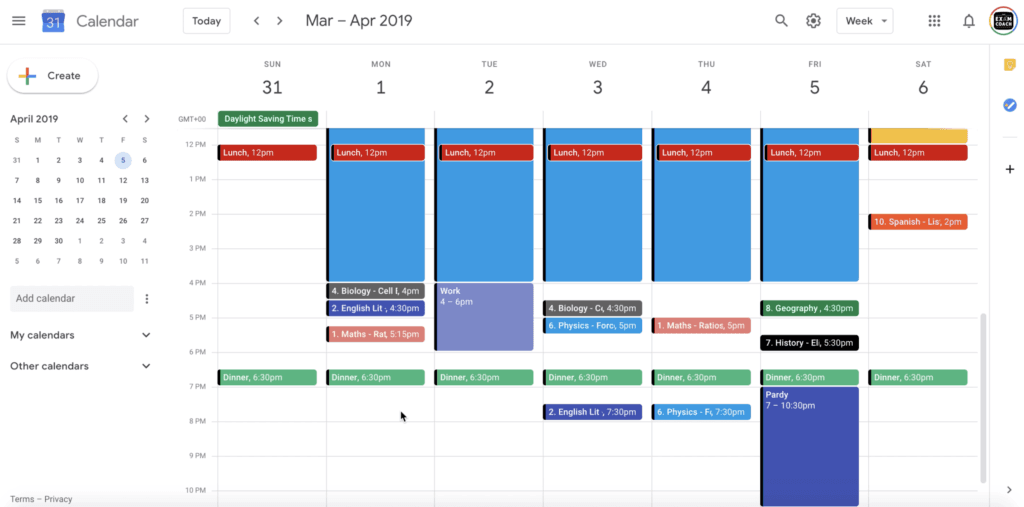
How to Create Your Timetable:
- Allocate fixed hours for each subject based on its difficulty and your confidence level.
- Include breaks in between study sessions to avoid burnout.
- Dedicate time for revision and practice every day.
- Start your day with challenging subjects when your mind is fresh, and keep easier ones for later.
Pro Tip: Use techniques like the Pomodoro Technique (study for 25 minutes, then take a 5-minute break) to stay focused.
3. Master Time Management Techniques
Efficient time management isn’t just for studying but also for the exam day. Learning how to allocate your time wisely can help you complete the paper within the given time limit.
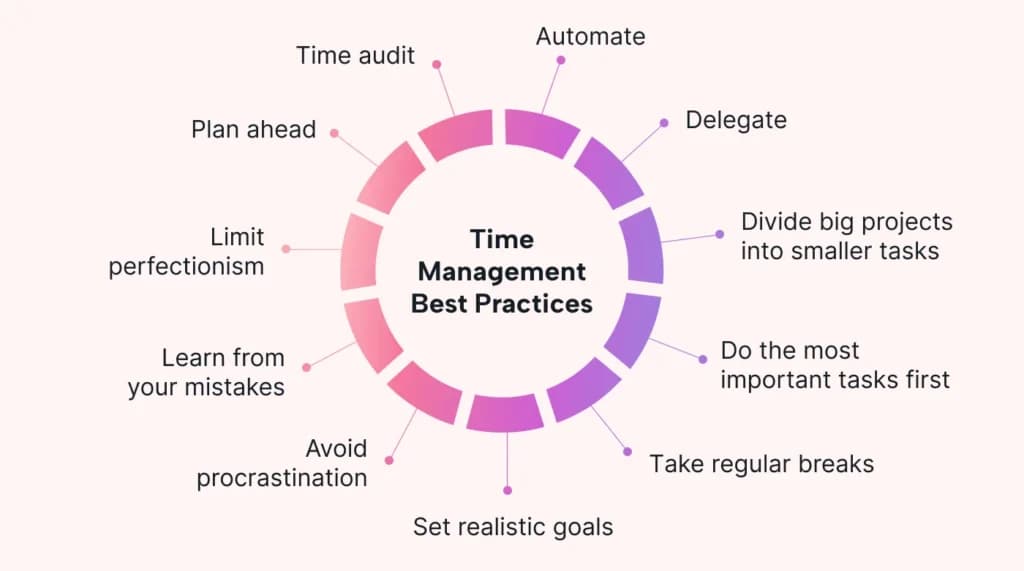
How to Manage Time:
- Practice solving questions within the allocated time for each section.
- Focus on accuracy to avoid losing marks unnecessarily.
- Create a time budget for revision, ensuring every subject is covered without rushing.
Pro Tip: Use a planner or study apps like My Study Life or Notion to organize your daily schedule.
4. Prioritize Important Topics
Not all topics are created equal. Some are more important and frequently asked in exams. Prioritizing these will maximize your preparation efficiency.
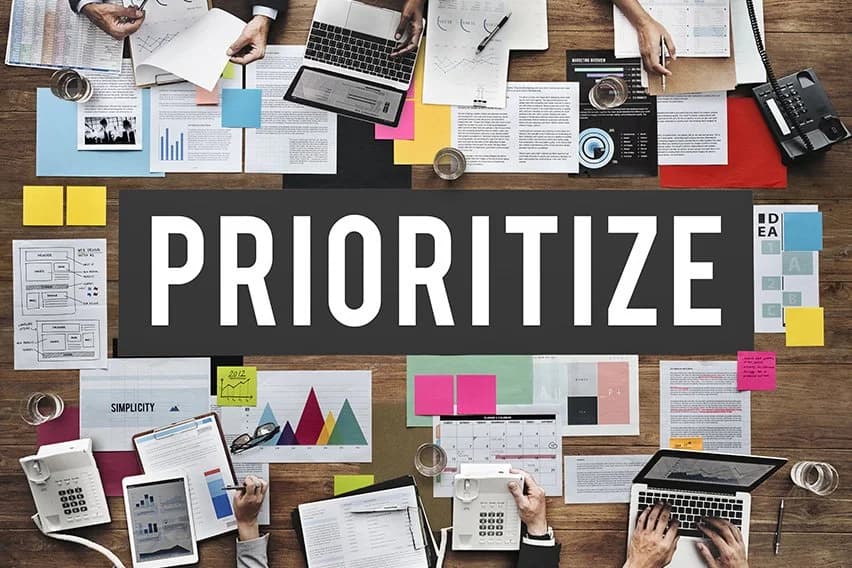
How to Identify Key Topics:
- Go through the past 5–10 years of question papers to identify frequently asked questions.
- Focus on topics with high weightage in the syllabus.
- Refer to your textbooks' "exercises" and "summary" sections for a clear idea of the important areas.
Pro Tip: Create a "Top Topics" list for each subject and revise it weekly.
5. Use Active Learning Strategies
Passive reading of textbooks is not enough for thorough preparation. Instead, adopt active learning techniques to retain information better.
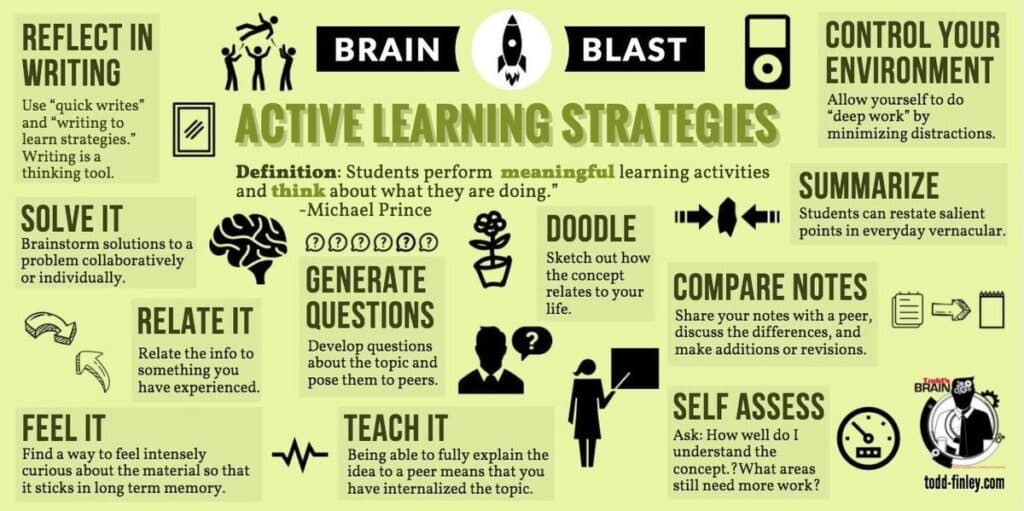
Strategies to Follow:
- Teach someone what you’ve learned (this helps you grasp concepts better).
- Solve as many problems, questions, and quizzes as possible.
- Use flashcards for memorizing key points and formulas.
Pro Tip: Study aloud or create mind maps for difficult concepts to simplify them.
6. Practice Previous Years’ Question Papers
Practicing past papers is a game-changer when it comes to scoring full marks. It gives you insight into the question format, recurring topics, and time management.

How to Practice:
- Solve question papers under exam-like conditions (set a timer and avoid distractions).
- Analyze your performance to identify weak areas and improve them.
- Refer to marking schemes provided by the board to understand how answers are evaluated.
Pro Tip: Focus on completing the paper 15 minutes early for a thorough review.
7. Take Smart Notes for Quick Revision
Smart notes can save a lot of time during last-minute revisions. They should be concise, focused, and easy to refer to.
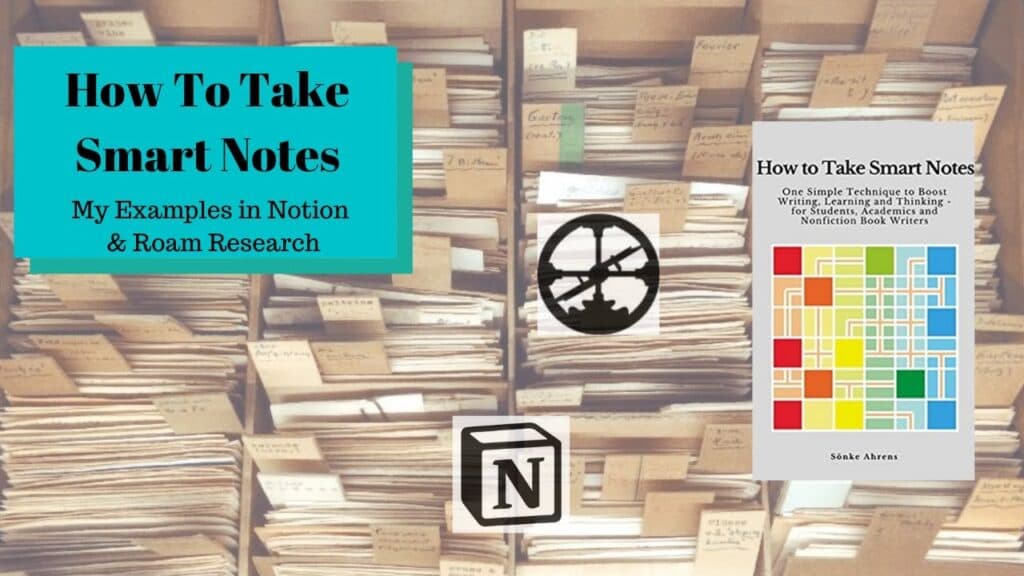
How to Take Notes:
- Use bullet points, flowcharts, and diagrams to summarize key concepts.
- Highlight definitions, formulas, and important points.
- Use sticky notes for quick reminders of tough concepts.
Pro Tip: Dedicate one notebook per subject for revision notes to keep things organized.
8. Focus on Health and Wellness
Your physical and mental health plays a significant role in your exam performance. Neglecting your well-being can affect your focus and memory.

Tips for Staying Healthy:
- Get at least 7–8 hours of sleep every night to recharge your brain.
- Maintain a balanced diet with brain-boosting foods like nuts, fruits, and green leafy vegetables.
- Exercise for at least 20–30 minutes daily to relieve stress.
Pro Tip: Practice meditation or deep breathing exercises to stay calm and focused.
9. Seek Help Whenever Needed
Don’t hesitate to ask for help if you’re struggling with a concept or topic. There are plenty of resources and experts available to guide you.

Where to Seek Help:
- Ask your teachers or classmates for clarifications.
- Use online resources, videos, or tutorials for additional support.
- Consider hiring a tutor if you need personalized guidance.
Pro Tip: Joining study groups can provide fresh insights and help with collaborative learning.
10. Prepare for the Exam Day Like a Pro
The final hurdle is exam day itself. A calm, confident, and prepared approach can make all the difference.

Exam Day Tips:
- Pack your essentials (admit card, stationery, etc.) the night before.
- Read the question paper thoroughly during the first 15 minutes of the exam.
- Start with questions you are most confident about to build momentum.
- Reserve the last 10–15 minutes to revise your answers.
Pro Tip: Avoid discussing topics with peers before the exam to stay focused and calm.
Visit: CBSE Class 10 and 12 Date Sheet
How to Calculate Percentage (Free Percentage Calculator)
All the Best for 12th Board Exam!!!
Conclusion
Scoring full marks in your Class 12 board exams is not about studying harder; it’s about studying smarter. With the tips mentioned above, proper planning, and consistent effort, you can achieve your academic goals. Remember, success is a result of determination, discipline, and self-belief.
Start your preparation today and watch your efforts pay off on the big day. Good luck!



